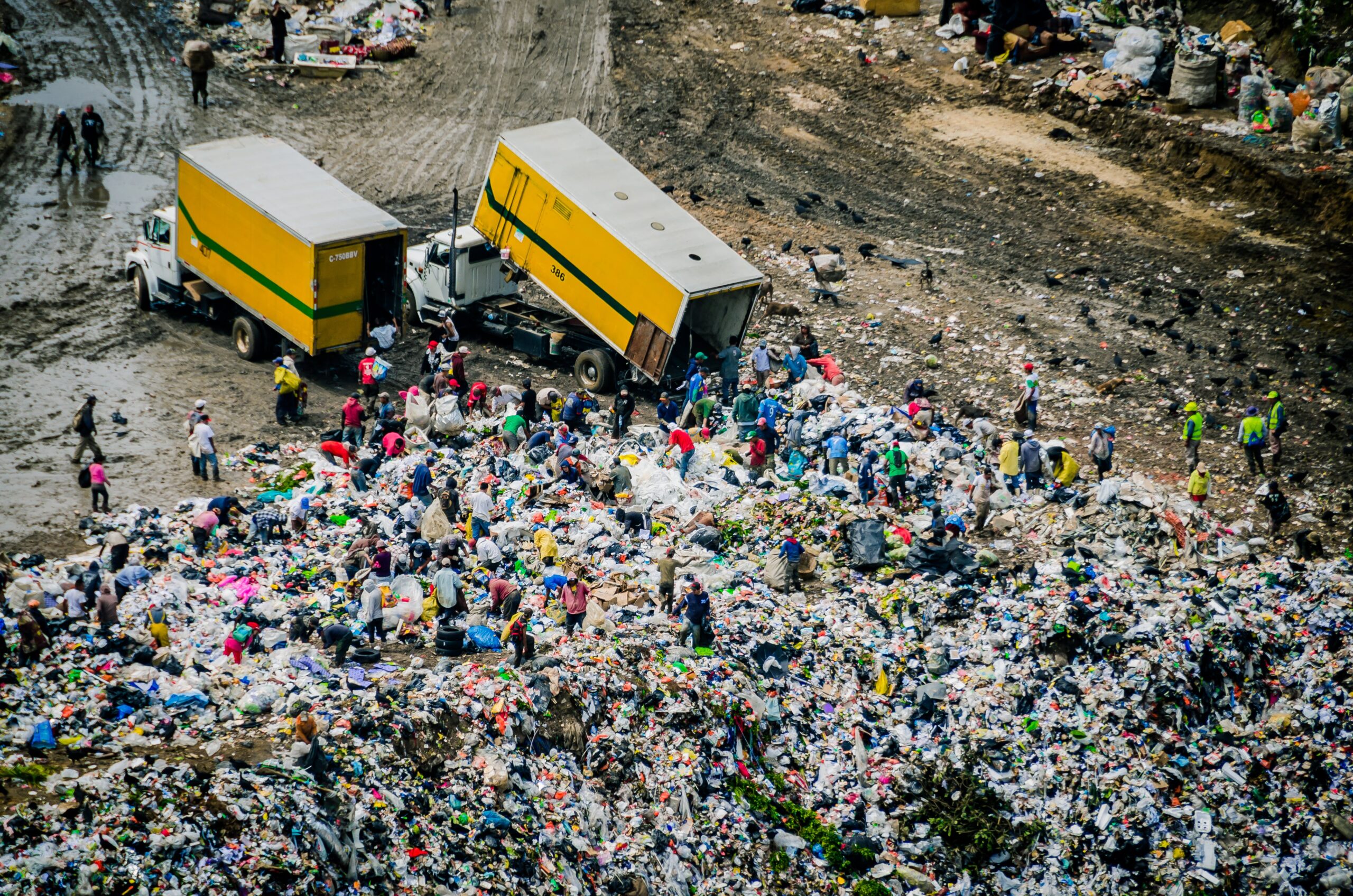Lun - Sab 10:00 – 17:00

In a world where the latest fashion trends are always at hand and at incredibly low prices, fast fashion has conquered millions of consumers, promising to make the latest fashion trend accessible to all. However, behind the attractiveness of fashionable and cheap clothes lies a much more complex and darker reality, which raises serious questions about environmental sustainability, work ethics and social impact. This article explores the issues related to fast fashion, highlighting why it has become a topic of crucial importance in the contemporary debate on sustainable fashion.
The term "fast fashion" refers to a business model adopted by some of the largest clothing chains in the world, which is based on the rapid and low-cost production of clothing. This model allows brands to continuously offer new products to consumers, often in direct response to the latest fashion trends, with the aim of stimulating frequent purchases. While this may seem beneficial to the consumer, the implications of this approach are profound and often problematic.
Fast fashion is one of the biggest polluters in the world. The fashion industry, driven by the principles of fast fashion, is responsible for excessive water consumption, the use of toxic chemicals and enormous waste production. Every year, millions of tons of clothing end up in landfill or incinerated, significantly contributing to environmental pollution. Additionally, the production of fabrics such as cotton can require significant amounts of water and pesticides, further compounding the impact on the planet.
The fast fashion model is often based on the exploitation of low-cost labor in developing countries, where workers are employed in precarious conditions, with insufficient wages and without adequate job protection. Accidents such as the Rana Plaza collapse in Bangladesh in 2013 have highlighted the serious risks to which workers in the textile industry are exposed, raising urgent questions about the ethical practices of large fashion chains.
Fast fashion has also contributed to a culture of overconsumption and throwaway, where the value placed on clothing has dramatically decreased. This mentality not only leads to an increase in textile waste, but also undermines the appreciation for the quality and durability of products, fundamental elements of more sustainable and environmentally friendly fashion.
Faced with the critical issues of fast fashion, the need for a change towards more sustainable fashion practices emerges. Consumers, designers and companies are increasingly oriented towards the adoption of responsible production and consumption models, which include the use of recycled or sustainable materials, ethical production practices and a more conscious approach to consumption aimed at the durability of products. products.
Consumers play a crucial role in promoting a more sustainable fashion industry. Opting for brands that adopt ethical and environmental practices, preferring to purchase second-hand or vintage clothing, reducing the frequency of purchases and enhancing the quality and durability of garments are all important steps towards combating fast fashion. Furthermore, informing and raising awareness about the implications of fast fashion can help create a more sustainability-oriented market demand.
The relationship between fast fashion and Ghana represents an emblematic example of the complex global dynamics arising from the fast fashion industry. This link highlights not only the environmental and social impact of consumerism in developed countries, but also the direct consequences such practices can have on distant nations and communities, often with limited resources to manage the repercussions.
A considerable portion of the clothing produced by the fast fashion industry, once discarded by consumers in Western countries, ends up in countries like Ghana in the form of used clothing. In theory, the second-hand clothing market can have a positive impact by providing access to low-cost clothing and boosting the local economy. However, the reality is often very different, especially when the quantity of clothes sent exceeds the demand and the country's management capacity.
Ghana is one of the largest importers of used clothing from the West. Markets like Kantamanto in Accra find themselves inundated with tons of used clothes every week. Although some of these items find a second life, a significant quantity is in such a condition that it cannot be reused or sold, thus turning into waste. This excess contributes to the country's growing waste crisis, with negative impacts on the environment and public health.
Textile waste that cannot be recycled or sold often ends up being burned outdoors or dumped in open landfills. These practices have harmful consequences for the environment, polluting the air, soil and water resources. Harmful emissions from burning textiles contribute to climate change and can have negative effects on the health of local communities.
While the used clothing industry provides employment to thousands of Ghanaians, dependence on this economy can hinder the development of a sustainable and self-sustaining local textile sector. The massive presence of low-cost clothing from abroad makes it difficult for local manufacturers to compete, limiting economic opportunities and stifling innovation in Ghana's fashion sector.
The relationship between fast fashion and Ghana requires critical reflection and the adoption of sustainable solutions that take into account local needs and realities. Some of these might include:
The relationship between fast fashion and Ghana is a clear example of how consumption practices in developed countries can have direct and often harmful effects on other parts of the world. It is critical to recognize this interconnection and work together to find solutions that promote sustainability, economic justice and human dignity on a global scale. Only through shared commitment and concrete actions will it be possible to face the challenges posed by fast fashion and build a fairer and more sustainable future for all.